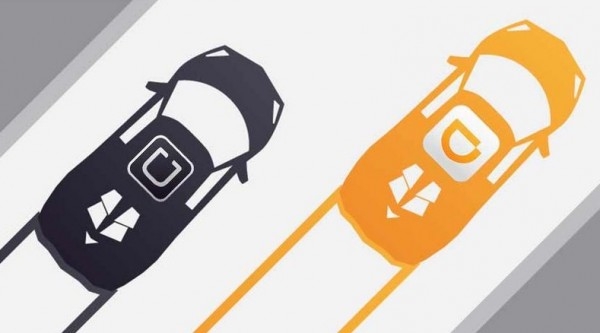
After many “accomplishments†and “improvementsâ€, Didi finally announced the formal acquisition of Uber China business on the solemn afternoon of August Day Army Day. After the acquisition was announced, many industry players analyzed the impact of Uber's merger. Xiao Bian summed up the comments of several foreign media today to see how foreigners viewed the acquisition.
TechCrunch: Win-win outcomeForeign media TechCrunch believes that this acquisition is a win-win outcome.

Uber defeated in the competition with the drops, at first glance like Uber's "misstep." However, it is not a blessing that Seieng lost his horse. Actually, for Uber, the acquisition is the best choice. In the first quarter of 2016, Didi ranked first in the Chinese taxi market, accounting for 85% of the market, while the second Uber had only 8% of the market. Although Uber China is still dubbed the "second runner-up", the next two possible outcomes of Uber and Didi travel have already emerged: either continue to burn money or merge.
Ultimately, Uber chose the latter.
Jeffrey Towson, a professor of investment at Peking University, said:
I think that Uber spent a year and a half trying to secure a very favorable negotiation status for himself, and then at the right time to achieve what they always wanted to achieve. Yes, it may be the best policy to win the Chinese market. It may be a bad idea to merge with Didi in a favorable position... But anyway, choosing to merge is the best outcome for Uber and the best outcome for both companies.
When China is no longer the focus of Uber's development, Uber can focus on other businesses. First, it will strengthen its logistics operations and develop delivery services such as UberEats and UberRush. These services are still only implemented in a few cities in the United States. Then, Uber can invest more money and energy to build unmanned vehicles. In addition, Uber can also further expand the international market, such as Israel, India and Europe, calmly deal with other competitors, such as India's Ola, Southeast Asia's Grab and so on. Today there is news that Uber will bring 150 Chinese engineers to the Southeast Asian market.
Therefore, Uber may not be able to sneak behind you when everyone stunned Uber.
Recode: What about "the alliance of mainstream taxi software other than Uber" ? Foreign media Recode believes that Uber China and Didi's merger will make both parties cool, but they will push their old allies to the embarrassing position.Last year, Didi had a strategic cooperation with a series of investment behaviors, such as Lyft, a domestic taxi software, Grab Malaysia, and Ola, an Indian taxi software . Didi travel was once the glue of the Uber Beyond Uber Software Alliance, but now it has acquired Uber's China business, what will be its relationship with the taxi drivers mentioned above?
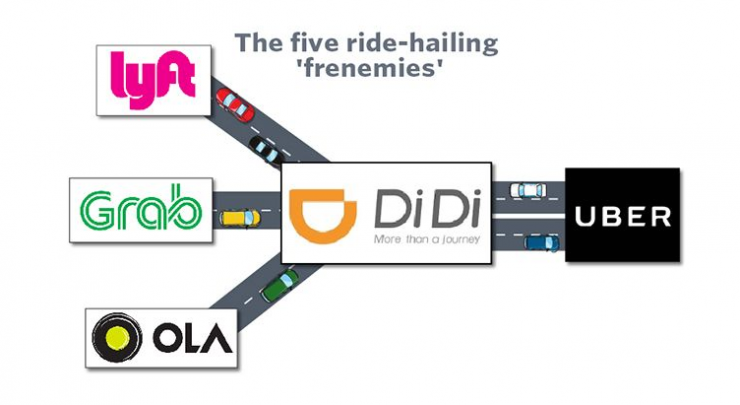
So far, Didi has invested about 100 million U.S. dollars in Lyft, 350 million U.S. dollars in Grab, and 30 million U.S. dollars in Ola, totaling about 480 million U.S. dollars, less than half of Uber's investment.
One source said that some of the alliance’s partners were surprised by the news. Sources said that Uber’s main competitor Lyft in the United States and Ola, the leading taxi service provider in India, are already thinking about what this means for them and DDT’s partnership.
Arun Sundararajan, the author of "The Sharing Economy" and a professor at New York University Business School, told reporters:
Dribbling and Uber’s handshake and putting the alliance between DDT and Lyft in a very awkward position.
According to sources, some of the partners in the alliance were caught off guard after learning of the news. Uber's main competitor, Lyft in the US market, and Ola, the boss of the Indian taxi market, feel that they are in the dark and decide to further discuss the new relationship with Didi. The reason is that although some reports have pointed out that investors have been pressured by Uber and Didi to urge them to reach an agreement as soon as possible in July, Didi still promised to the Alliance’s partners a few weeks ago that the transaction was not May happen.
Therefore, after suddenly knowing that the coalition boss “betrayed†himself and shakes hands with his enemies, the members of the coalition couldn’t help but feel compelled.
However, Didi's acquisition of Uber China business also shows:
Local taxi software will eventually defeat Uber, the global taxi driver software, and this gives him some confidence in taxi drivers.
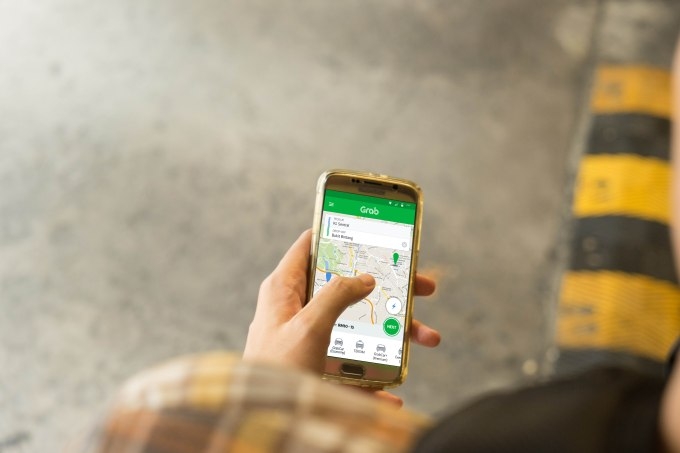
In an email to employees last night, Grab CEO Anthony Tan said that Didi's victory is a good sign for the company's business development in Southeast Asia. This letter is more like a battle slogan, indicating that Grab is ready to go, and then it will fight against the massive resources that Uber has put into the Southeast Asian market.
The Verge, the foreign media, thinks that the deepest damage to the acquisition is Lyft.
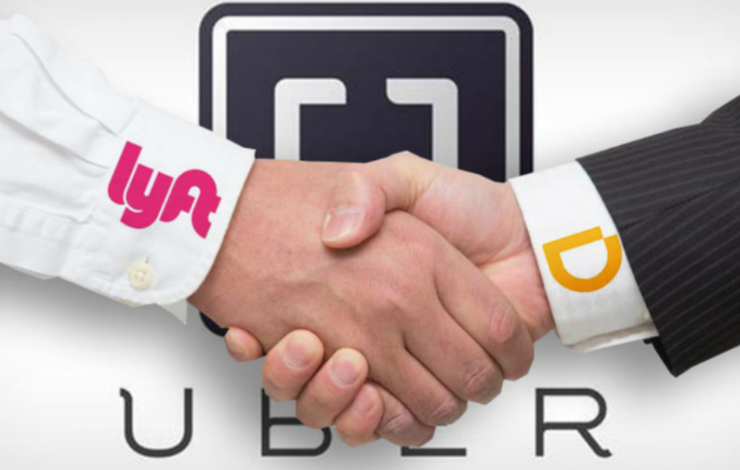
Uber actually has a problem in China: it has been burning money. Some reports stated that Uber is losing about one billion U.S. dollars in China each year in competition with Didi. This is a good thing for Uber's biggest competitor Lyft in the United States, because the more Uber pays attention to the Chinese market, the less attention it has to the US market, and the smaller the challenge that Lyft faces naturally. However, the acquisition of Uber China is now dropping news for Lyft.
First of all, some analysts have said that the acquisition of Uber by Dic would indicate that Uber now owns part of Lyft.
Matt Levine, an analyst at BloombergView, said: The acquisition shows that Uber has joined the "happy family" of car sharing.
Uber and Lyft are now doing their best to retain customers, and for customers, in general, they will only choose the cheaper one. The two companies are doing a bottomless price war, and Uber is better than Lyft. According to a recent analysis, Lyft had only 5% market share in the second quarter of 2016, while Uber reached 72.5%. However, in the past two years, Lyft's market share has increased by 176%, while Uber has increased by 145%.
However, the impact of Uber's and Drip's trading on Lyft is not only so simple to lose the market, it may also be at risk of being acquired.
Well-known blogger Harry Campbell, blogger of The Rideshare Guy, said:
For the American taxi software market, the second child is a very awkward position, and Lyft is in this position. Lyft has been under the oppression of Uber, the boss, and its market share has not been high. Now, it will face even more bleak conditions. Because Uber has already handled China's business, it will now focus more on the US market. Perhaps in the near future, Lyft will be forced to be acquired.
According to the Wall Street Journal, Lyft may have started looking for buyers. The company hired Qatalyst Partners, an investment bank, and had contact with potential buyers. The high price paid by Uber for the U.S. market may be one of the reasons why Lyft decided to sell to the outside world.
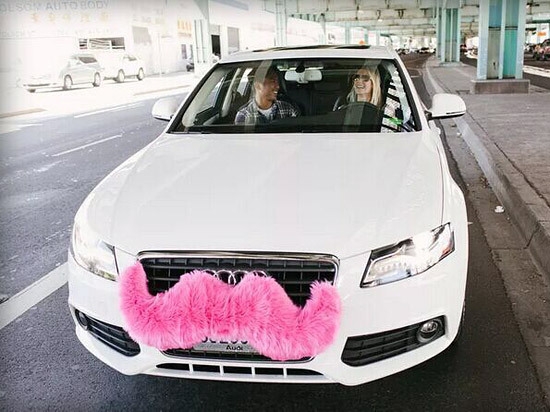
Although Lyft declined to comment, the most likely buyer of Lyft is General Motors, which invested $500 million in Lyft last year to test autopilot technology. After General Motors acquired Cruise Automation, a start-up company for autopilot, the two companies are now working together and they are teaming up with Lyft drivers to start the car rental business. If GM acquires Lyft, the two sides' market expansion will become easier.
In short, several companies are happy and happy. This transaction proves that, especially after the promulgation of the new policy of the Chinese government, the strength of Didi, and Uber’s clever way of receding after recognizing the reality, but for the taxi software family For other members, this news is not so cute. We will wait and see how the parties will go in the future. Everything is still unknown.

Product application:
â– Products for commercial,household,lighting
Product features:
â– High strength,impact resistance and thermal stability
--Panel material using high quality polycarbonate
â– High resistance to deformation
---Long term use without obvious distortion
â– Flame retardant grade
----The flame retardant grade of panel is in line with UL94-V2
â– Adaptation property
----American Standard socket adapter all accord with NEMA
Standard
Colour: Black Brown White lvory Almond Gray Red
Wall Plate UL,Electrical Wall Plate UL,Wall Wall Plate UL,Double Duplex Outlet Wall Plate UL
Hoojet Electric Appliance Co.,Ltd , https://www.hoojetgfci.com
![<?echo $_SERVER['SERVER_NAME'];?>](/template/twentyseventeen/skin/images/header.jpg)